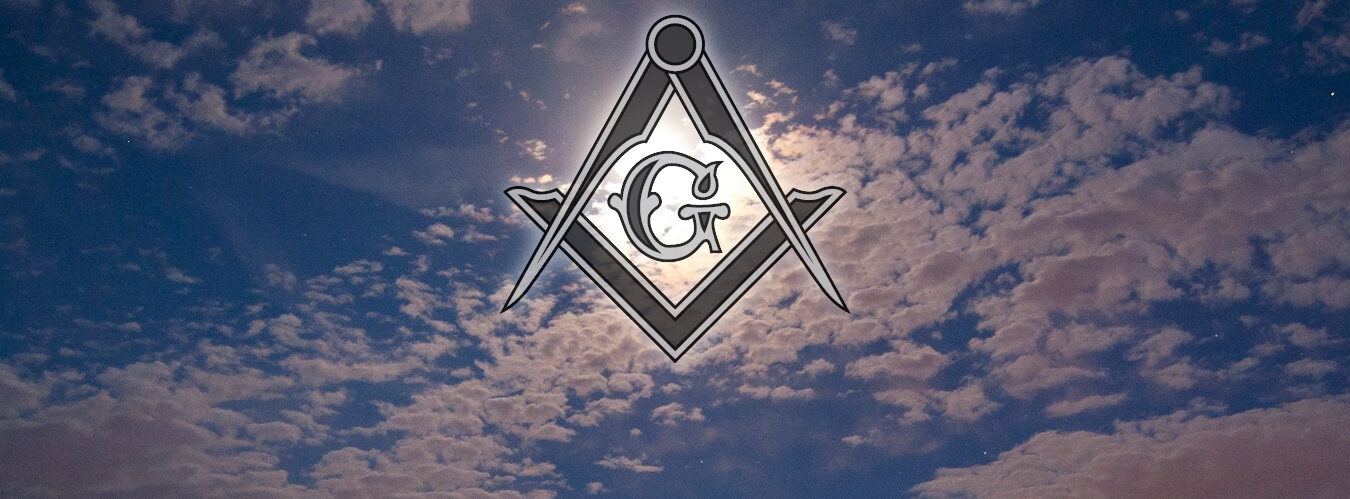Freemasonry stands as the world’s oldest and largest fraternity, with a history and tradition tracing back to antiquity. Its singular mission is to elevate good men to become better individuals. The enduring bonds of friendship, compassion, and brotherly love fostered by Freemasonry have withstood centuries of political, military, and religious turmoil. It is important to note that Freemasonry is neither a forum nor a place of worship. Rather, it is a supporter of all religions that are based on the belief in one God.
Feel free to send us an email at LubbockMasonicLodge@gmail.com
What Do Freemasons Do?
Freemasons are responsible citizens who adhere to the moral laws of the government under which they reside. They are individuals committed to charity and good works, and they remain unparalleled in their philanthropic efforts. The Freemasons of America contribute more than one and a half million dollars daily to charitable causes they have established. These services represent an unparalleled example of the humanitarian commitment and concern of this unique and honorable fraternity.
Masonic Belief
Recognizing the challenge of confining Masonic teachings to fixed expressions, yet affirming the value of clear statements of fundamental principles, the following is proclaimed:
Members of the Masonic Fraternity practice a sincere belief in the Fatherhood of God and the Brotherhood of Man. Masonry teaches individuals to practice charity and benevolence, protect chastity, respect familial and friendly ties, adopt and revere religious principles, assist the weak, guide the blind, uplift the downtrodden, shelter the orphan, guard the altar, support the government, uphold morality, promote learning, love humanity, fear God, seek His mercy, and hope for happiness.
The Masonic Degrees
The candidate participates in several meetings to attain the three Masonic Degrees: the Entered Apprentice Degree, the Fellowcraft Degree, and culminating with the Third, or Master Mason’s Degree. These degrees are solemn, enlightening, and enjoyable experiences devoid of any uncomfortable or embarrassing moments. It is during these stages that the principles of Freemasonry are imparted, teaching the new member that his family and essential vocations should take precedence over Freemasonry. Every Master Mason is warmly welcomed as a “Brother” in any of the thousands of Regular Masonic Lodges worldwide.
Facts on Freemasonry
Freemasonry is open to all men of good character who believe in God. It does not discriminate based on race, religion, or social class. The Masonic family of organizations extends its arms to everyone.
While Freemasonry admits only men, many related organizations, such as the Eastern Star, Amaranth, Job’s Daughters, Rainbow for Girls, and DeMolay for Boys, provide ample opportunities for women and youth to engage and participate.
Freemasonry does not impose improper oaths.
The solemn obligations undertaken in Freemasonry are akin to the oaths administered in a court of law or upon enlisting in the armed forces. The frequently mentioned “penalties,” which are historical judicial relics, are purely symbolic and not to be interpreted literally. They signify the emotional distress any honest individual should experience at the mere thought or act of breaking their word.
Freemasonry advocates personal advancement through study.
Freemasonry promotes intellectual growth by encouraging the study of literature, particularly works by esteemed authors of ancient times. While it does not endorse the perspectives of these writers, it presents their works for personal contemplation and evaluation.
Freemasonry is a fraternity, not a religion.
As a fraternal organization committed to the improvement of its members, Freemasonry honors the religious convictions of all its affiliates. It possesses no theological doctrine and does not propagate any specific path to salvation. Specifically, it does not assert that good deeds can secure or assure salvation.
Freemasons are united by their commitment to serving humanity.
While Freemasonry offers support to members and their spouses through dedicated homes, most Masonic services, including Shrine medical and burn centers, are accessible to all citizens.
Freemasonry is an open society, not a secretive one.
Masonic meetings are publicly announced, Masonic buildings are clearly marked and listed in directories, and members proudly wear jewelry signifying their affiliation. The tradition of trade secrets inherited from medieval cathedral-building guilds remains, but modern Masonry’s “secrets” are mostly traditional passwords, signs of recognition, and symbolic moral lessons.
Freemasonry educates in progressive steps.
Masons gain knowledge through a series of lessons called “degrees,” which evolve from basic to more complex concepts. This approach no more conceals the essence of Freemasonry from new members than teaching a student fractions before calculus hides the nature of mathematics.
Freemasonry is practiced globally, with over 2 million Masons in North America and nearly 5 million worldwide.
Freemasonry has no single spokesperson.
It comprises many individuals and organizations, all subordinate to the Grand Lodge within their jurisdiction (e.g., state). No individual member or organization can represent Freemasonry; this responsibility lies with each Grand Lodge in its domain. No Masonic body or author, however respected, can override the authority of a Grand Lodge.
Freemasonry consists of various organizations.
It includes numerous groups, each with a unique social, educational, or philanthropic focus. A man becomes a Mason in his local Lodge and can then join any of the “Appendant Bodies” such as the Scottish Rite, York Rite (including the Royal Arch and Knights Templar), Shriners, Grottoes, Tall Cedars, and others.
